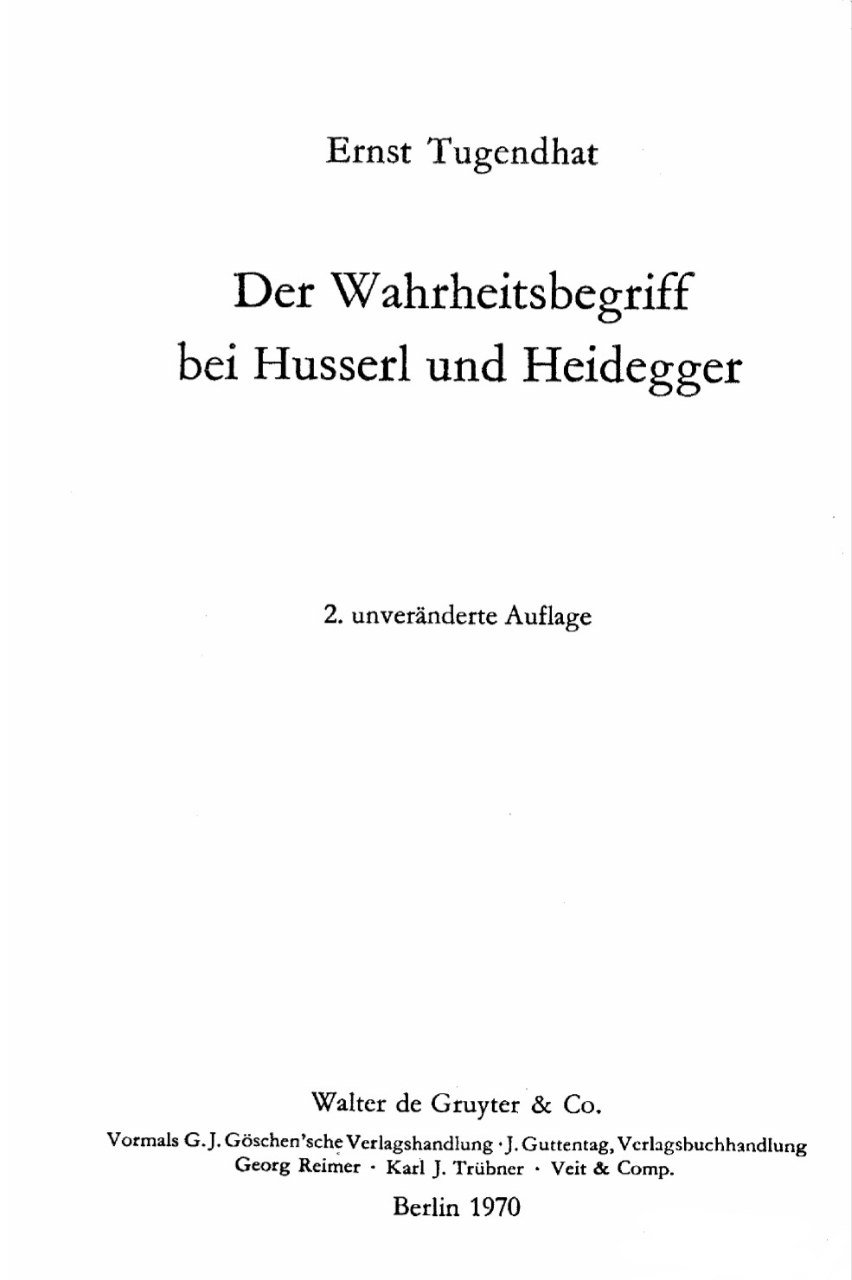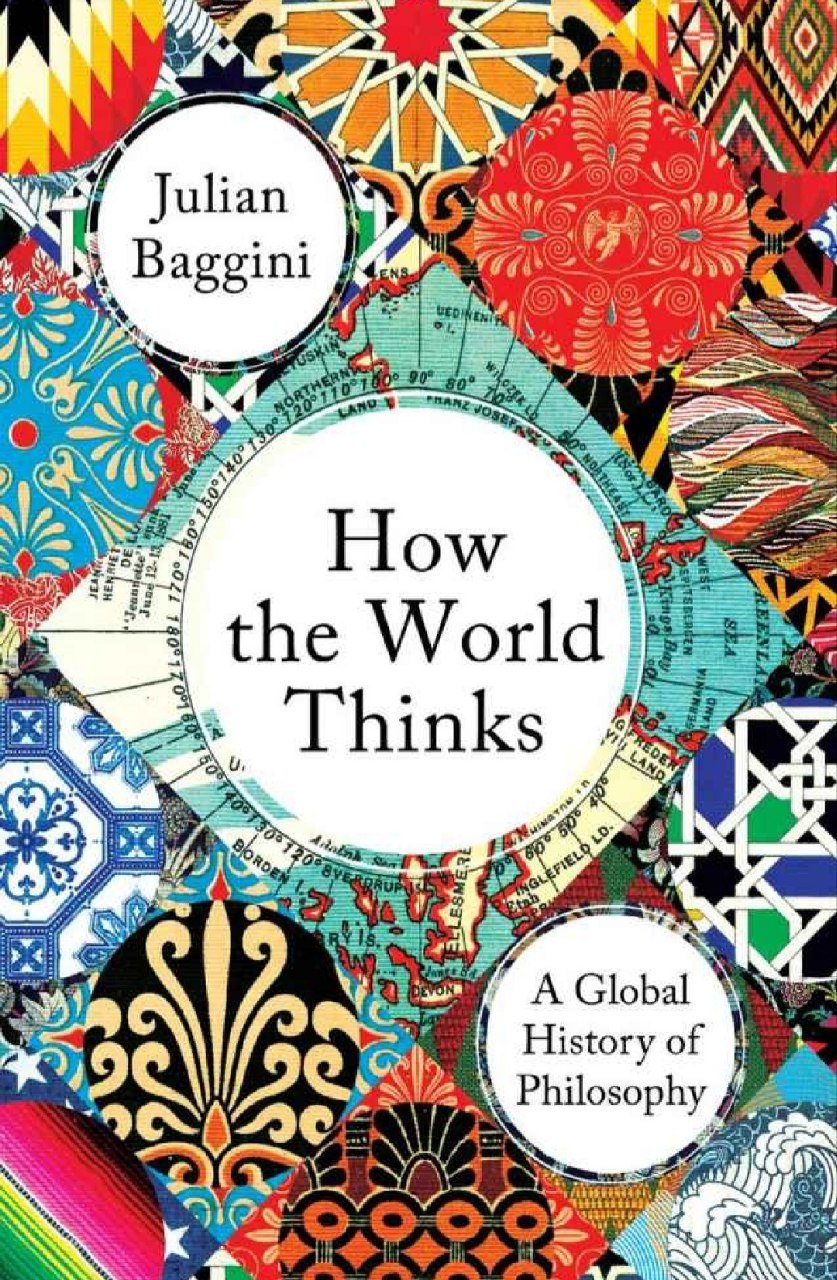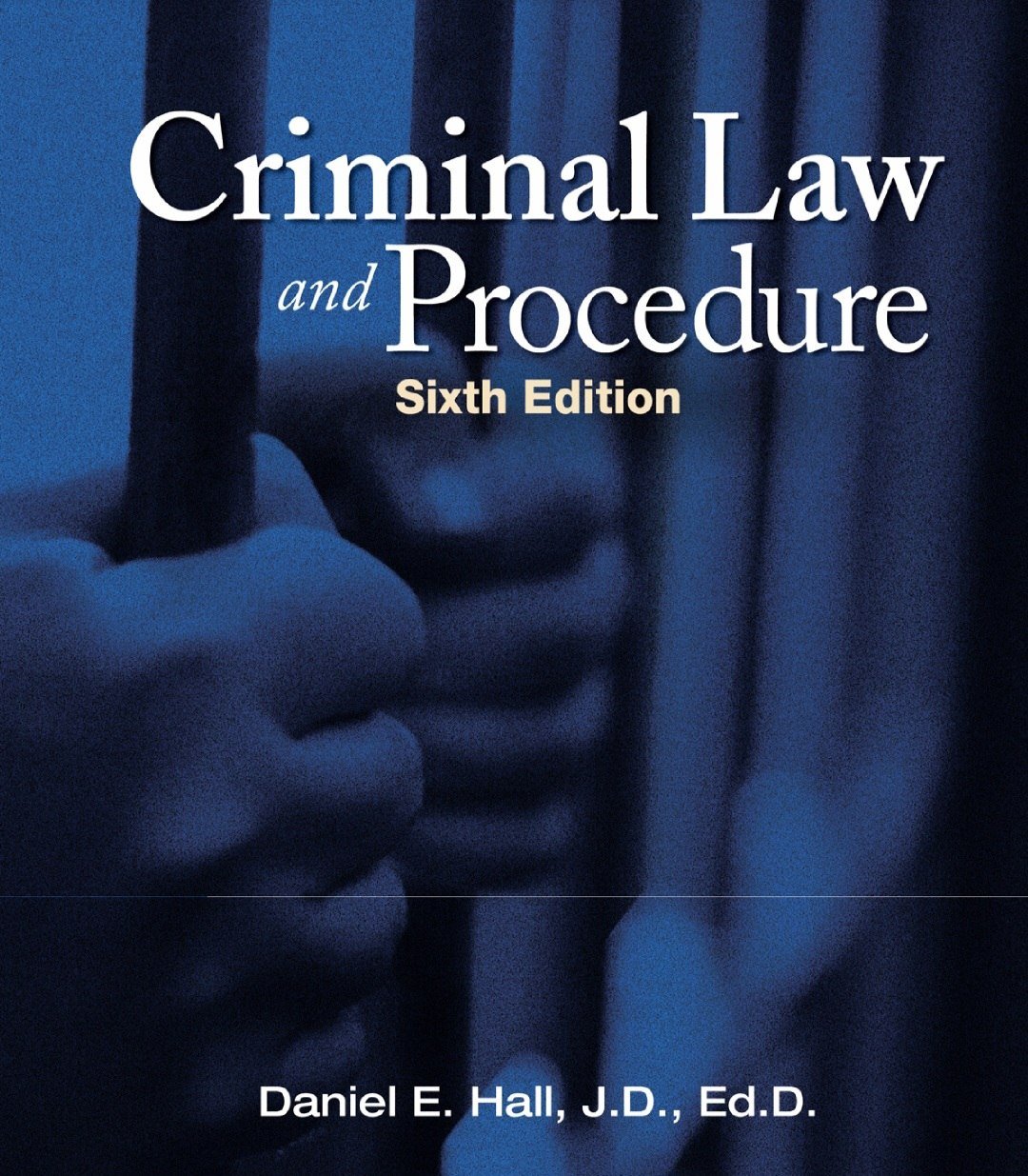

Shakespeare and Philosophy by Stanley Stewart
Reviews
No review yet. Be the first to review this book!
Description
Shakespeare and Philosophy by Stanley Stewart, part of the Routledge Studies in Shakespeare series, explores the deep and intricate relationship between the works of William Shakespeare and philosophical thought. Stewart examines how Shakespeare's plays engage with key philosophical themes, offering new insights into the way that the playwright's work anticipates or responds to the philosophical currents of his time, as well as how it continues to resonate with contemporary philosophical discussions. The book looks at Shakespeare’s engagement with various philosophical traditions, including those of Classical philosophy, Renaissance humanism, and the emerging early modern ideas of science, politics, and ethics. It delves into themes such as the nature of the self, moral philosophy, the problem of free will, the concept of justice, and the exploration of human nature. By considering the intellectual background of Shakespeare’s era, Stewart shows how his plays reflect the philosophical debates and tensions of the period. Through a detailed analysis of specific plays, such as Hamlet, Macbeth, King Lear, and The Tempest, Stewart explores the philosophical underpinnings of the characters’ actions and decisions. For example, in Hamlet, the protagonist’s existential questioning and reflections on life, death, and moral action resonate with early modern philosophical debates, particularly those related to skepticism and the nature of knowledge. Similarly, in Macbeth, questions of fate and free will are examined, offering a philosophical perspective on the choices made by the characters. Stewart’s book also considers the role of philosophy in shaping the moral and political dimensions of Shakespeare’s plays. For instance, The Merchant of Venice is analyzed for its treatment of justice, mercy, and the nature of legal and ethical obligations, while Julius Caesar is viewed through the lens of political philosophy, exploring power, authority, and the ethics of political action. In addition to offering philosophical readings of individual plays, the book addresses broader themes in Shakespeare’s work, such as the tension between appearance and reality, the moral and ethical challenges faced by the characters, and the exploration of human agency and autonomy. Shakespeare and Philosophy is a valuable resource for scholars, students, and anyone interested in the intersection of literature and philosophy. It highlights the philosophical depth of Shakespeare’s plays, showing how they not only reflect the intellectual currents of the early modern period but also offer timeless insights into human nature and the philosophical questions that continue to shape our understanding of the world.





































.jpeg)





.jpg)


.png)
.jpg)


.jpg)













.jpg)





.jpeg)

.jpeg)



.jpeg)
.jpg)






.jpg)
.jpg)

.jpeg)
.jpg)


















































